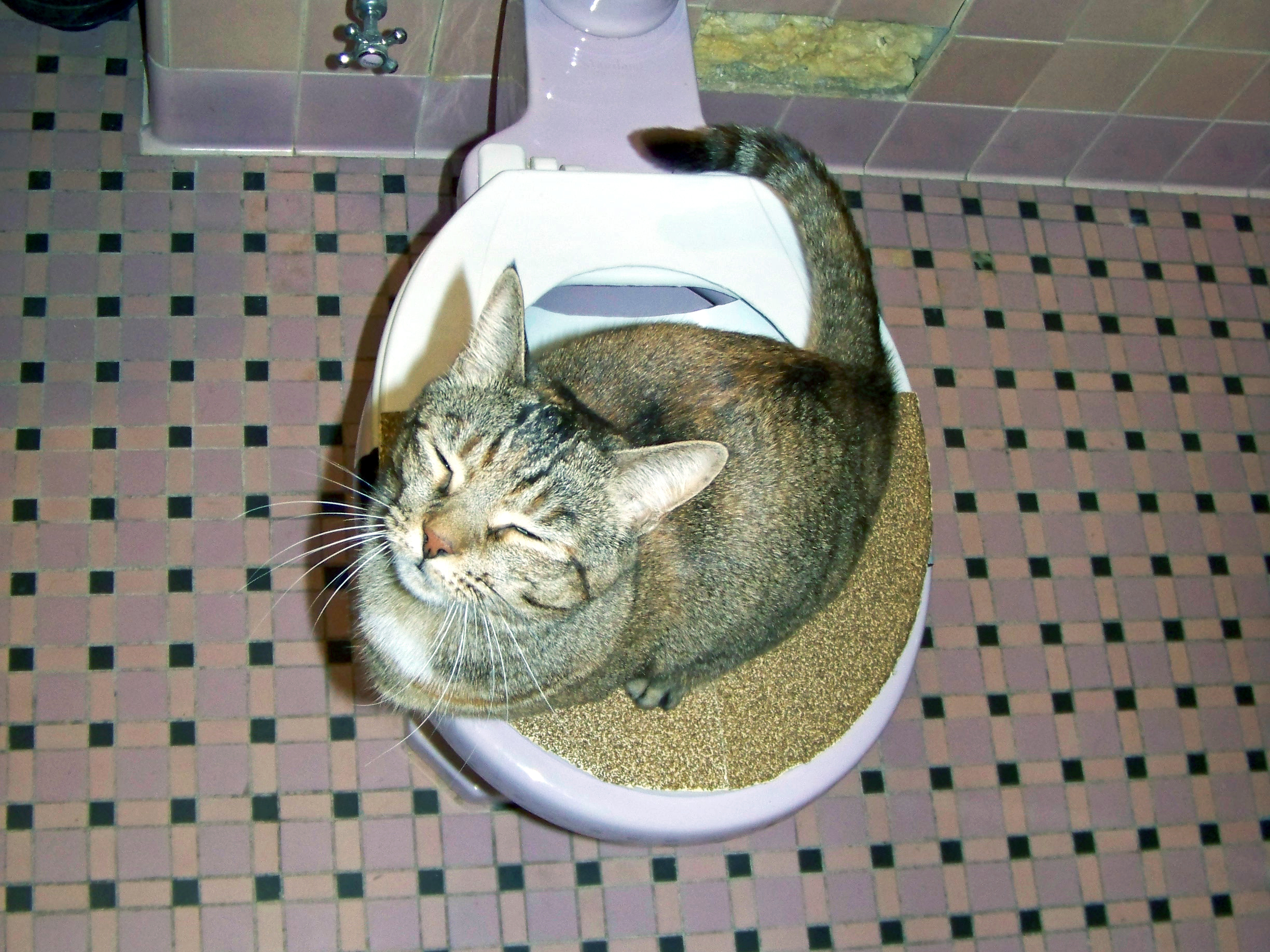Why You Should Never Flush Cat Poop Down Your Toilet - Critical Information
Why You Should Never Flush Cat Poop Down Your Toilet - Critical Information
Blog Article
Right here in the next paragraph you'll find more superb tips in relation to How to Dispose of Cat Poop and Litter Without Plastic Bags.

Introduction
As feline owners, it's necessary to bear in mind just how we throw away our feline good friends' waste. While it might appear convenient to purge feline poop down the toilet, this technique can have harmful effects for both the environment and human wellness.
Ecological Impact
Flushing cat poop introduces damaging virus and bloodsuckers into the water, posturing a considerable threat to aquatic ecosystems. These pollutants can adversely impact marine life and compromise water top quality.
Health Risks
Along with ecological problems, flushing cat waste can also present health and wellness risks to humans. Feline feces might consist of Toxoplasma gondii, a parasite that can trigger toxoplasmosis-- a potentially extreme illness, especially for expectant females and individuals with weakened body immune systems.
Alternatives to Flushing
Luckily, there are much safer and a lot more liable methods to take care of cat poop. Consider the following options:
1. Scoop and Dispose in Trash
The most common method of dealing with pet cat poop is to scoop it right into an eco-friendly bag and toss it in the trash. Make certain to make use of a devoted litter inside story and get rid of the waste quickly.
2. Use Biodegradable Litter
Select naturally degradable feline trash made from materials such as corn or wheat. These trashes are environmentally friendly and can be securely thrown away in the garbage.
3. Bury in the Yard
If you have a backyard, take into consideration burying pet cat waste in a designated area far from vegetable yards and water sources. Make certain to dig deep sufficient to stop contamination of groundwater.
4. Set Up a Pet Waste Disposal System
Buy a family pet waste disposal system especially designed for pet cat waste. These systems utilize enzymes to break down the waste, lowering odor and ecological influence.
Conclusion
Accountable pet possession expands beyond giving food and sanctuary-- it additionally involves appropriate waste monitoring. By avoiding flushing pet cat poop down the toilet and choosing different disposal methods, we can lessen our environmental impact and shield human health.
Why You Should Never Flush Cat Poop Down the Toilet
A rose by any other name might smell as sweet, but not all poop is created equal. Toilets, and our sewage systems, are designed for human excrement, not animal waste. It might seem like it couldn’t hurt to toss cat feces into the loo, but it’s not a good idea to flush cat poop in the toilet.
First and foremost, assuming your cat uses a litter box, any waste is going to have litter on it. And even the smallest amount of litter can wreak havoc on plumbing.
Over time, small amounts build up, filling up your septic system. Most litter sold today is clumping; it is made from a type of clay that hardens when it gets wet. Ever tried to scrape old clumps from the bottom of a litter box? You know just how cement-hard it can get!
Now imagine just a small clump of that stuck in your pipes. A simple de-clogger like Drano isn’t going to cut it. And that means it’s going to cost you big time to fix it.
Parasitic Contamination
Believe it or not, your healthy kitty may be harboring a nasty parasite. Only cats excrete Toxoplasma in their feces. Yet it rarely causes serious health issues in the cats that are infected. Most people will be fine too if infected. Only pregnant women and people with compromised immune systems are at risk. (If you’ve ever heard how women who are expecting are excused from litter cleaning duty, Toxoplasma is why.)
But other animals may have a problem if infected with the parasite. And human water treatment systems aren’t designed to handle it. As a result, the systems don’t remove the parasite before discharging wastewater into local waterways. Fish, shellfish, and other marine life — otters in particular — are susceptible to toxoplasma. If exposed, most will end up with brain damage and many will die.
Depending on the species of fish, they may end up on someone’s fish hook and, ultimately on someone’s dinner plate. If that someone has a chronic illness, they’re at risk.
Skip the Toilet Training
We know there are folks out there who like to toilet train their cats. And we give them props, it takes a lot of work. But thanks to the toxoplasma, it’s not a good idea.
I ran across that review on Can You Flush Cat Poo or Litter Down the Toilet? when doing a lookup on the search engines. Make sure you take the time to promote this blog if you appreciated it. Kudos for your time. Visit us again soon.
Check Us Out Report this page